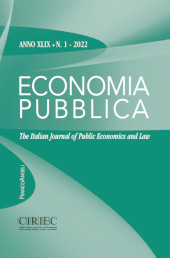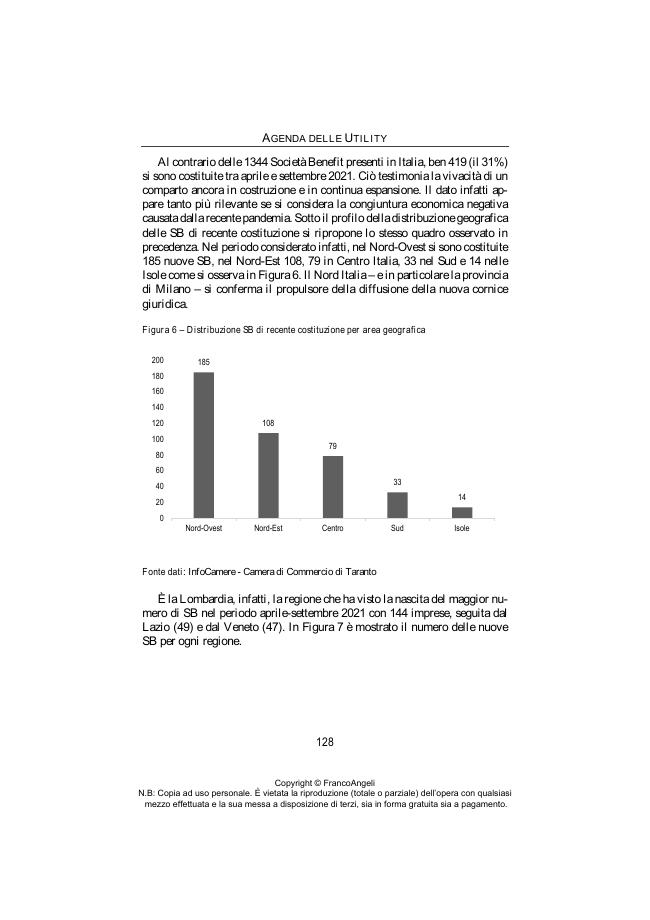Le società benefit in Italia : tra bene comune e identità
117-139 p.
The article aims to consider a central issue relating to the structure of contemporary legal systems, that is the tension between the democratic principle and the governance of the economy, placing this general theme in the more specific context of the relationship between the European Central Bank and the other Community Institutions. The thesis is supported that the purported neutrality of the ECB is illusory, whereas the latter, as an Authority whose fundamental mission is to guarantee price stability, tends to act as an apolitical regulation system of the economic system. This system obeys a lex mercatoria which is antithetical to the implementation of the social program set by the Charter, requiring the renunciation of certain decisionmaking instruments of a political nature which, in the constitutional design, responded to different logics.
In this perspective, the birth of the ESCB marks a new phase of political constitutionalism, because its introduction places economic and financial stability as a sort of metavalue. This implies that there are no positive limits to his decisionmaking abilities by for example the European Parliament, in such a way as to limit the impact of the choices made on the subjective positions recognized to the person by national legal systems and by the European system itself. On the basis of these premises, the conclusion of the article is not in the sense of an anachronistic reduction of the role of the European Bank, but in the sense of pointing out that the main challenge of contemporary constitutionalism consists in the effort to bring back the decisionmaking processes involving the European government of money to the mechanisms of political responsibility and the guarantees of the subjective positions of the person [Publisher's text].
Forma parte de
Economia pubblica : XLIX, 1, 2022-
Artículos del mismo número (disponibles individualmente)
-
Información
Código DOI: 10.3280/EP2022-001007
ISSN: 1972-5566
KEYWORDS
- società benefit, organizzazioni ibride, bene comune, sostenibilità, impact entrepreneurship, identità aziendale, benefit companies, benefit corporation, common good, hybrid organization, sustainability, impact entrepreneurship, corporate identity



